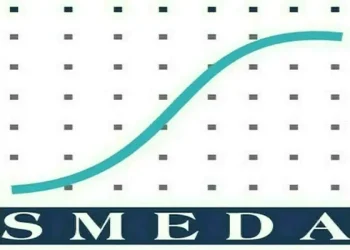The Punjab government has recently stipulated that only FDA-approved cardiac disposables and consumables will be eligible for procurement bids, a decision that has sparked controversy within the medical supply industry. This move excludes numerous suppliers from Europe, China, and Japan who have been previously approved by Pakistan’s Drug Regulatory Authority (DRAP).
In a tender document issued by the Specialized Healthcare and Medical Education Department of Punjab, the government has invited bids specifically from suppliers capable of providing FDA-approved products necessary for heart surgeries in public hospitals.
While aimed at ensuring stringent quality standards in cardiac care, this requirement has drawn criticism from suppliers who are DRAP-approved but do not meet the FDA criteria.
The decision is part of a broader effort to centralize the procurement process across major healthcare institutes in Punjab, including the Punjab Institute of Cardiology and Multan Institute of Cardiology.
Typically, tenders are issued independently by each hospital, allowing fair competition among suppliers. However, the centralization has been questioned for its selective pre-qualification and technical requirements that favor a limited number of companies.
Concerns have been raised regarding the transparency and fairness of this procurement process, with allegations of favoritism towards US FDA-approved brands. Critics argue that the move could potentially create a monopoly in the market, restrict patient choice, and exclude new entrants from participating in the bidding process.
Dr. Asim Javed, a member of the Specialized Healthcare and Medical Education Department Government of Punjab, defended the decision, stating it was made in the best interest of patients.
He clarified that while certain cardiac supplies are now limited to FDA-approved products, other suppliers are not completely disqualified and can still provide other types of medical supplies. He emphasized that the government’s priority is to ensure patients receive the highest quality of care, and suppliers will continue to fulfill the required supplies.
Efforts to obtain comments from Special Secretary and Additional Secretary of the department were unsuccessful, highlighting ongoing challenges in obtaining further insights into the decision-making process behind this controversial policy shift.










 American Dollar Exchange Rate
American Dollar Exchange Rate